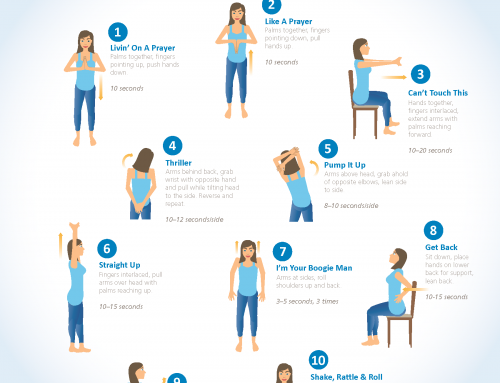I am looking forward to attending this pre-session on Creating an Advocacy-based claims model on Wednesday prior to the full WCRI conference. The topics in general resonate with me as a case manager. While we at CompAlliance train our staff to be objective third parties when working with the employer, claims professional and the injured worker, as a case manager if these roles conflict, then the injured worker must be our priority.
This is very clearly stated in our Standards of Practice as a case manager. As a URAC accredited company, we also adopt measures to ensure collaboration, adherence (vs. compliance), effective communication between all parties and shared decision making.
When working with the injured worker and the plaintiff attorney we educate them to understand URAC is a consumer based accreditation that not only evaluates the written policies and procedures that we as a case management company have in place, but also do we as a company, follow those written policies and procedures?
I am looking forward to “coming out of the closet”, so to speak, when it comes to defining the role of a case manager in the claims process. As I stated earlier, this is not to say the case manager does not focus on the objective, but only that the goal for effective case management is so much more. I believe the role of case management is to facilitate effective, goal-directed, collaborative, educated care of the injured worker, resulting in a timely and medically appropriate return to work.
I am also hoping this will mean that the full initial and ongoing assessments, barrier identification and recommendations to address the barriers, the Case Manager makes when working with the Injured Worker will also play an important role in managing a case, and not just be considered “fluff”.
